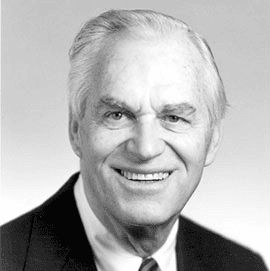The James A. Rawley Prize in Atlantic History is offered annually to recognize outstanding historical writing that explores aspects of integration of Atlantic worlds before the 20th century.
The current prize amount is $1,000.
The general rules for submission are:
- Only books of a high scholarly and literary merit will be considered. Research accuracy and originality are also important factors in the evaluation of the books.
- Books with a copyright of 2025 are eligible for the 2026 award.
- Nomination submissions may be made by an author or by a publisher. Publishers may submit as many entries as they wish. Authors or publishers may submit the same book for multiple AHA prizes.
- Nominators must complete an online prize submission form for each book submitted. Once you fill out the form you will receive an email with the committee’s contact information.
- One copy of each entry must be sent to each committee member and clearly labeled “Rawley Prize Entry.” Print copies preferred unless otherwise indicated. If only e-copy is available, please contact review committee members beforehand to arrange submission format.
Please Note: The competition will open in mid-March 2026. Entries must be received by May 15, 2026, to be eligible for the 2026 competition. Entries will not be returned. Recipients will be announced on the AHA website in October 2026 and recognized during a ceremony at the January 2027 AHA annual meeting in New Orleans.
For questions, please contact the Prize Administrator.

James A. Rawley
The prize was created in 1998 in accordance with the terms of a gift from James A. Rawley (1916–2005), Carl Adolph Happold Professor of History Emeritus at the University of Nebraska at Lincoln. After moving to the University of Nebraska in 1964, Rawley was chair of the history department for a decade while writing four important books on the Civil War era, with an emphasis on race, slavery, and emancipation. He adopted an innovative quantitative approach to historical research in The Transatlantic Slave Trade: A History (1981).
Past Recipients
Current Recipient
Marc A. Hertzman, University of Illinois Urbana-Champaign
After Palmares: Diaspora, Inheritance, and the Afterlives of Zumbi (Duke Univ. Press)
After Palmares is a deeply researched and methodologically innovative, Atlantic-world study that bridges Brazilian, North American, and Africanist scholarship. Marc Hertzman’s book reconstructs the history of the famous maroon community from its 17th-century founding and debunks myths of total annihilation. The author traces the contested afterlives of Palmares and its legendary leader Zumbi, demonstrating their enduring significance for African and Indigenous communities, as well as their crucial place in cultural politics and national narratives through the present day.